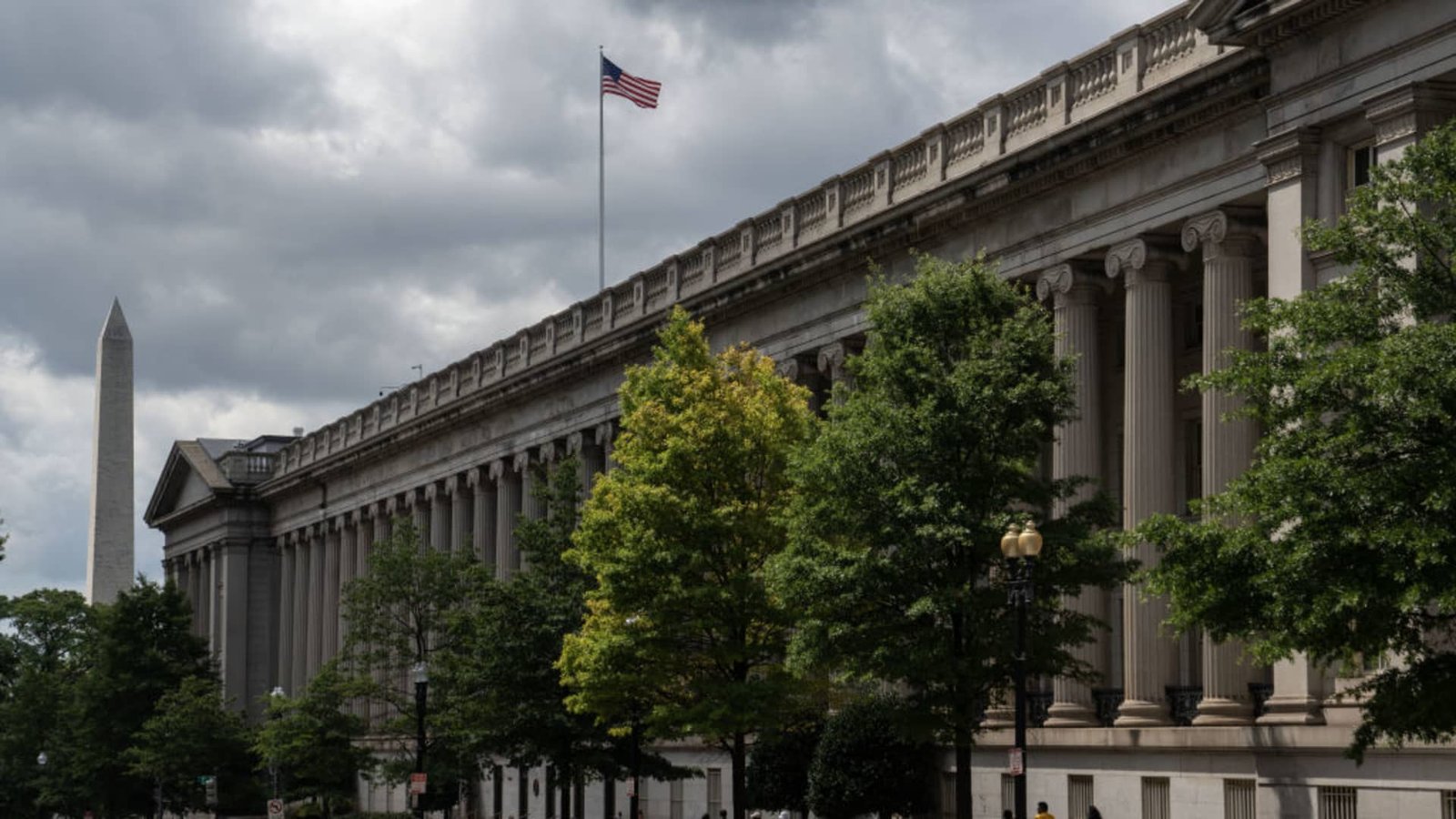The U.K. economy experienced an unexpected contraction in September and only slight growth in the third quarter after a strong rebound earlier in the year, according to initial figures released on Friday. Gross domestic product (GDP) dropped by 0.1% in September, following a meager growth of 0.2% the previous month, as reported by the Office for National Statistics. Economists surveyed by Reuters had anticipated a growth rate of 0.2% for September.
In the third quarter overall, the British economy expanded by just 0.1% compared to the previous quarter, falling short of the 0.2% growth predicted by economists and following a 0.5% increase in the second quarter. The dominant services sector in the U.K. also saw a modest growth of 0.1% on the quarter, while construction increased by 0.8% and production declined by 0.2% in the same period.
The decline in inflation in the U.K. to 1.7% in September, below the Bank of England’s 2% target for the first time since April 2021, paved the way for a 25 basis points rate cut by the central bank on Nov. 7, reducing its key rate to 4.75%. The Bank of England projected that the Labour Government’s tax-raising budget would boost GDP by 0.75 percentage points in a year, with policymakers acknowledging an increase in their inflation forecasts due to the government’s fiscal plan.
U.K. Finance Minister Rachel Reeves expressed dissatisfaction with the economic figures, emphasizing the need for investment and reform to stimulate growth, create jobs, and improve public finances. Analysts highlighted underlying economic weaknesses and geopolitical tensions as potential obstacles to further growth, noting a decrease in momentum and sporadic growth patterns in recent months.
Despite the contraction in September, analysts anticipate GDP growth to strengthen in the upcoming quarters due to government spending initiatives and diminishing impacts from inflation and interest rate hikes. The likelihood of a rate cut at the Bank of England’s next meeting in December is considered low, given inflation risks and global economic challenges. The recent U.S. election outcome has introduced uncertainties about the global economic impact, particularly regarding President-elect Donald Trump’s proposed tariffs and their potential effects on the British economy.
Bank of England Governor Andrew Bailey refrained from making definitive statements on Trump’s tariff policies, citing risks associated with global fragmentation. The British pound remained relatively stable against the U.S. dollar, while the euro strengthened by 0.4% against the pound following the release of Friday’s GDP data.




